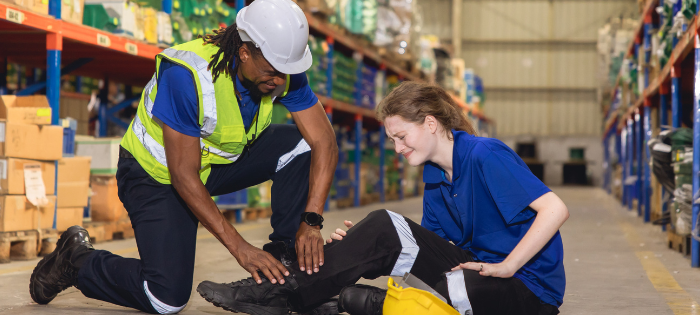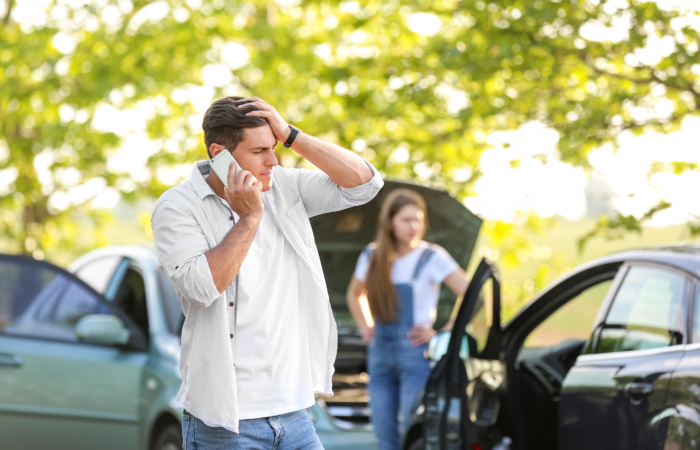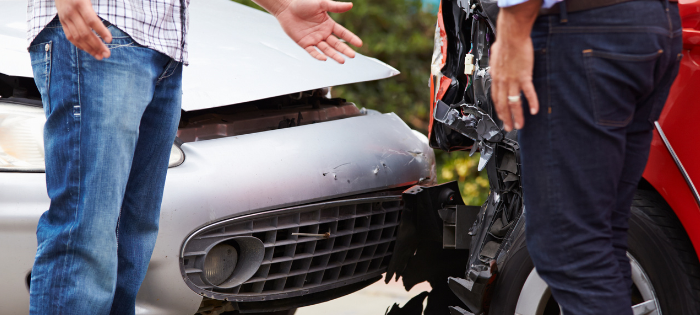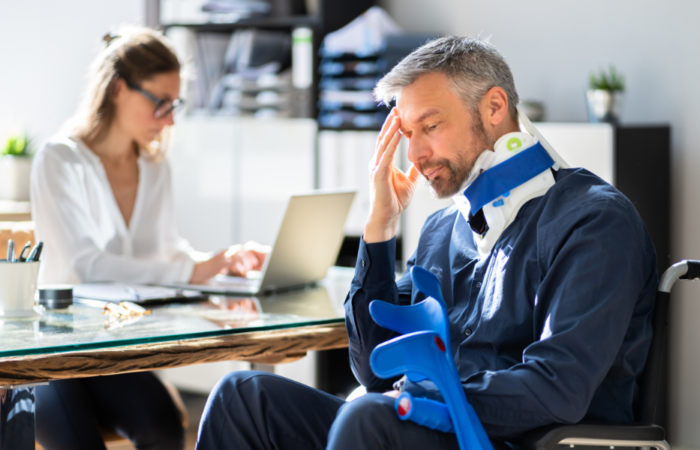
Slip and Fall Injuries in Florida: What You Need to Know About Premises Liability
Slip and fall accidents can happen unexpectedly, turning a routine trip to a store or a walk through a parking lot into a life-altering event. In Florida, slip and fall cases fall under premises liability law, which holds property owners and managers responsible for maintaining a safe environment. If you’ve been injured in a slip and fall accident, understanding your rights and how to pursue compensation is crucial.
In this blog, we’ll dive into what makes a valid slip and fall case and how negligence is proven under Florida law.
What Makes a Valid Slip and Fall Case?
To establish a valid slip and fall case in Florida, you must demonstrate that the property owner or manager was negligent, and their negligence directly led to your injury. Florida’s premises liability law requires property owners to ensure their property is free from hazardous conditions. However, not every slip and fall accident automatically results in liability.
For your case to be valid, you need to prove:
- A Dangerous Condition Existed
The property must have had a dangerous condition, such as a wet floor, uneven surface, or broken handrail, that caused your slip and fall. Importantly, this condition must have been something the property owner knew about or should have reasonably known about. - The Property Owner Knew or Should Have Known About the Condition
Florida law distinguishes between actual knowledge and constructive knowledge of the dangerous condition.- Actual knowledge means the property owner or employees knew about the hazard, for example, if a store employee saw a spill and did nothing to clean it up.
- Constructive knowledge means the condition existed long enough that the owner should have discovered and fixed it. For instance, if a spill had been on the floor for several hours and no one addressed it, the property owner could be held liable for not regularly inspecting the premises.
- The Property Owner Failed to Address the Condition
You must show that the property owner did not take appropriate steps to fix the hazard or adequately warn you of the risk (such as using “wet floor” signs after a spill). Failure to address the condition or provide warning may demonstrate negligence on the owner’s part. - The Hazard Caused Your Injury
You must establish a clear connection between the hazardous condition and your injury. Medical records, photos of the scene, and witness statements can all help prove that the dangerous condition caused your slip and fall.
How to Prove Negligence in Florida
Under Florida law, slip and fall cases are governed by Florida Statute 768.0755, which requires the injured party to prove that the property owner was negligent in maintaining their premises. Here’s how to effectively prove negligence:
- Evidence of the Dangerous Condition
Gather as much evidence as possible. This includes taking photos or videos of the dangerous condition, gathering witness statements, and collecting surveillance footage if available. Document the conditions immediately following the accident, as hazards may be cleaned or repaired quickly. - Records of Previous Complaints or Incidents
If the property had a history of similar accidents or complaints about the same hazardous condition, this could help prove the owner knew about the issue but failed to address it. Maintenance records or inspection logs could also be helpful. - Medical Documentation
Your medical records play a critical role in proving that your injuries were directly caused by the slip and fall accident. Be sure to seek medical attention immediately after the incident, even if your injuries seem minor at first, as they may worsen over time. - Comparative Negligence in Florida
Florida follows a comparative negligence rule, which means the compensation you receive could be reduced if you’re found partially at fault for the accident. For example, if you were texting or otherwise distracted when you fell, the court may assign a percentage of fault to you, which will reduce your compensation accordingly.
Common Slip and Fall Hazards in Florida
In Florida, slip and fall accidents can happen in a variety of locations, including grocery stores, parking lots, restaurants, apartment complexes, and private residences. Some common causes of slip and fall injuries include:
- Wet or slippery floors due to spills, leaks, or weather
- Uneven or cracked sidewalks
- Poor lighting in stairwells or walkways
- Loose carpeting or flooring
- Debris or obstacles left in walking paths
Conclusion
If you’ve been injured in a slip and fall accident in Florida, understanding premises liability and how to prove negligence is key to receiving compensation for your medical bills, lost wages, and pain and suffering. To have a successful case, you must prove the property owner was negligent in maintaining a safe environment, and that their negligence directly caused your injury.
Given the complexities of Florida’s premises liability law, it’s advisable to consult with an experienced personal injury attorney who can guide you through the legal process and ensure you get the compensation you deserve.



